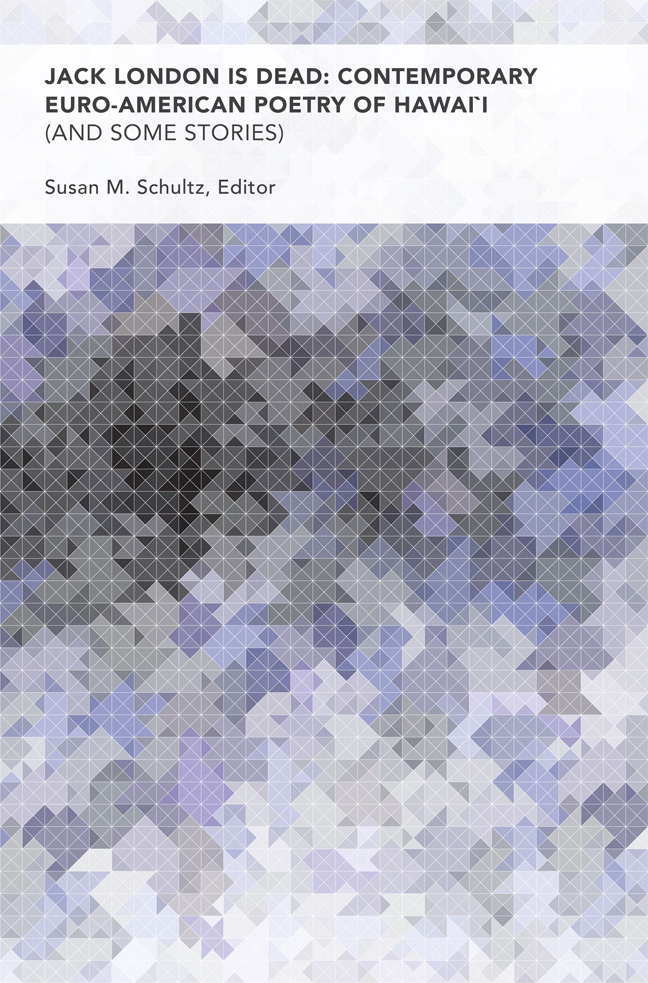Preface:
Earlier this week, I watched a free movie screening about a contentious American civil rights leader. After the film, the organizer had us sit in a circle a la Alcoholics Anonymous to discuss the screening. Of the 20 or so attendees, most of whom were gray-haired peace activists, half discussing what discrimination and equality meant in personal terms, in life lessons of hurt and continued trauma.
As the dark man with large feet across the arc from me spoke, I realized, again, how generational these discussions can be. Most of the people of color I’ve met of a certain age, who grew up in America prior to the hip-hop era of the 1980s and 1990s, have had cumulative life experiences that can bury a seed of resentment so deep, that if one isn’t careful, it can shatter a heart. That pain is a personal one, and like a scar on the visible body, reminds us each that we have a past. It’s nearly impossible to write about race and not personalize the critique.
Actual equality, racial or otherwise, is a scary thing. For artists, especially so. It means that none of us gets away with anything, our merits and failures judged upon an open canvas, a blank sheet on the bed of a printing press. It means that each cut to another is repaid in kind, each privilege erased. Fairness in the arts means that we each have a voice. In some ways in the modern era in Hawai’i, each and every one of us has experienced life in a way social scientists have sometimes called ‘The Other.’
Published at the end of 2012 by local publishing house Tinfish Press, Jack London is Dead: Contemporary Euro-American Poetry of Hawai’i (and Some Stories) takes its title cue from Filipino-American author Jessica Hagedorn’s Charlie Chan is Dead, a collection of the work of eighteen writers: Scott Abels, Diana Aehegma, Margo Berdeshevsky, Jim Chapson, M. Thomas Gammarino, Shantel Grace, Jaimie Gusman, Endi Bogue Hartigan, Anne Kennedy, Tyler McMahon, Evan Nagle, Janna Plant, Susan M. Schultz, Eric Paul Schaffer, Julia Wieting, Rob Wilson and Meg Withers. Notably missing are the “white” poets of Hawai‘i from a generation ago. There is no W.S. Merwin or Frank Stewart (two writers I was introduced to via a $1 book from the Punahou Carnival a few years ago). The compilation has very little to do with the 19th century’s polarizing writer, activist, and (according to his then peer Mark Twain) fake everyman adventurer. Jack London Is Dead has everything to do with what it means to be a Euro-American with a creative literary mind in modern Hawai‘i, whether born here as local haole, or as an individual who experienced the different-ness of this place as an adult.
Like all anthologies, some work is better than others. But the variance of the work is of no detriment. As UH lecturer and poetry contributor Scott Abels recently said on public radio, the experience of creating and appreciating words unburdened by the rules of prose allows us to “unpack the self.” This book is necessary as it presents the work of those who have the supposed racial upper hand, and shifts the perspective inward.
The first 20 pages of text justify the existence of the book. As editor, professor Susan M. Schultz discusses the dialectical power dynamic that contextualizes the work of the following pages. There’s an argument to be made that those introductory pages, necessary in the academic coursework to examine the text, are wholly unnecessary as a preamble to a collection of art. The introduction is unnecessary if you believe, as I do, that the poems of the 21st century will differ from those of the latter half of the previous century. The new era of literature will be less about the ways that political, economic and the uncertain forces of war and ideology guide our personal lives as much as how our personal lives are similarly vulnerable; but more about how, in Hawai‘i, untethered and isolated in a vast sea, the innumerable ways that bumbling through this tropical life can break your heart and fuck you up. Occasionally, you may experience joy, the wordless rush of speeding through a blue curl of ocean. That shared humanity lies deeper in our bodies than skin, and it is an experience that justifies, without pretext, the explosion of prose in favor of an artistic composition of words. Poetry requires no justification.
Poetry compilations invite a sort of jumpy reading, the literary equivalent of skipping and replaying tracks on a new album. Susan M. Schultz’s “Memory Cards” series reads like the daily exercises of a trained poet, 20-line pieces similar to a skilled pianist practicing scales. Each memory card is a complete story, a day’s observation condensed and elevated. Margo Berdeshevsky’s “Brewing Tea” is a gorgeous meditation performed while the bot boils.
Of the copious amount of poetry, I have a clear favorite. Here is the last stanza of Diana Aehegma’s piece “Constellation”:
Years later I am visiting the Big Island
with a friend from Maine. It is raining.
We are at the beach, shivering in our suits
clutching our single towel round four shoulders,
hunched. Ankles sand-whipped, the cold wind
makes us hesitate, this one allotted beach day.
Empty shore surround: no tourists no locals no
lifeguard, just blue towel poured into dune
and two bodies taking a sea chance (warm,
rocking out of the wind, water pelted).
Language a tumble in the whitewash.
Parts of Jack London is Dead can almost be read as an apology for several centuries of subordination, in an era where it’s not easy to point the blame. Captain Cook is just as dead as Jack London, and the plaque which bears his seal as “The man who brought civilization to HAWAII” which stands in front of the ‘Iolani Palace library is now overgrown with ti leaves. No apology necessary. At its best, Jack London is Dead pulls off what poetry is actually capable of. It humanizes. It is another reminder of our connectedness, facing an unforgiving sea, feet in the wet sand, sharing a towel, shoulder to shoulder.


